Design/Build process
David G
6 years ago
Featured Answer
Sort by:Oldest
Comments (18)
Virgil Carter Fine Art
6 years agoUser
6 years agoRelated Discussions
Aluminum and glass garage door in cold climates
Comments (1)Insulated I assume? If so in my mind not much different than a steel insulated door, except lighter (less weight)....See MoreFaucet Clutter; which is the lesser of two evils?
Comments (5)Similar story to Jenny--have the P&R Bridge faucet and love it. Also had a very small filter faucet-- looked alright but not great. But when the filter faucet failed, rather than replace it we put in the matching P&R soap dispenser in that hole and it looks so much better. Gave up the convenience of the under the sink filtered water (went to the Mavea filter bottle). Plusses -- our filtered water now sits in the refrigerator so it is cold when we want it to be cold. The counter looks better. No soap bottle on counter. Negatives-- a bit more work to keep the Mavea bottle filled, change filters. Overall -- happier now....See MoreTharpe Cabinets (Loveland, CO)?
Comments (0)Tharpe cabinet owners.....are you happy with your cabinets? What was the custom design and build process like? Did you find them to really be less expensive that kitchen stores or bug box retailers? How was delivery and install? Quality? Durability? Pics? Thanks in advance. M...See MoreCustom home build - Getting proposals/bids from Designer Builders
Comments (19)Design build firms are just vertical integration (backward or forward). They typically create some value for consumers, but just like all created value there is some sacrifice. Theoretically, a design-build firm should create designs they are more efficient at building. In other words, they will design to their strengths, that is the nature of their existence. That efficiency will typically create value for consumers, we imagine that being from improved communication, fewer reworks, etc. However, that comes at a cost, and that cost is creativity (again this is theoretical), if a design-build firm designs to its build strengths, then it will avoid designing to its build weaknesses. Since an independent architect doesn't have to worry about working in those parameters then they should be more open to more creative designs. However, theory and reality are not the same thing. Just because a design-build firm will generally create some additional value, that doesn't mean that it will necessarily create additional value for your particular build. Just because an architect should be more open to creative designs, doesn't mean your particular architect will be able to achieve your vision. The best choice for any individual is going to be somewhat unique to that individual. Sometimes a design-build firm might be better for your particular situation than an independent architect and vice versa. Good luck...See MoreFlo Mangan
6 years agoUser
6 years agoPatricia Colwell Consulting
6 years agochiflipper
6 years agoKristin Petro Interiors, Inc.
6 years agoHolly Stockley
6 years agoUser
6 years agobry911
6 years agolast modified: 6 years agoVirgil Carter Fine Art
6 years agoUser
6 years agoKristin Petro Interiors, Inc.
6 years agoUser
6 years agobry911
6 years agolast modified: 6 years agoVirgil Carter Fine Art
6 years agoJAN MOYER
6 years agolast modified: 6 years ago
Related Stories
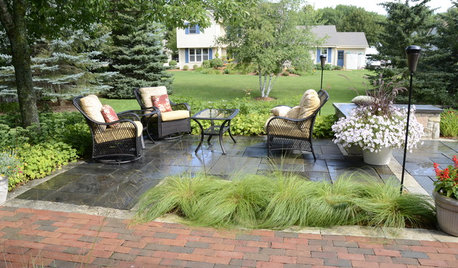
LANDSCAPE DESIGN5 Reasons to Consider a Landscape Design-Build Firm for Your Project
Hiring one company to do both design and construction can simplify the process. Here are pros and cons for deciding if it's right for you
Full Story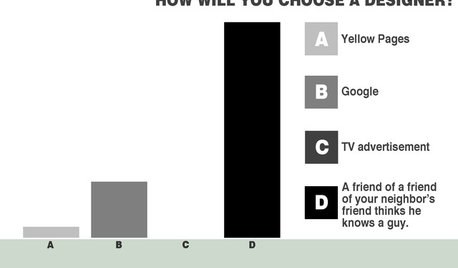
COFFEE WITH AN ARCHITECTHitting the Bars to Explain the Design Process
Simple bar charts and a little math by a seasoned architect give a helpful overview of renovation and new-build proceedings
Full Story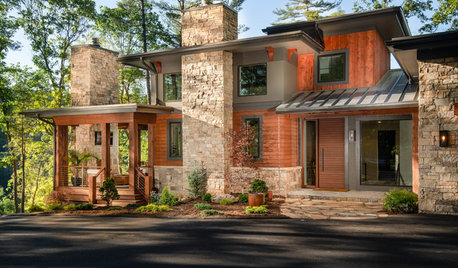
WORKING WITH PROS10 Times to Hire a Design-Build Firm
Find out when you should consider a firm that offers design and construction services as a package
Full Story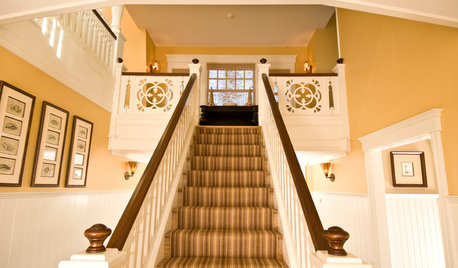
CONTRACTOR TIPSBuilding Permits: The Submittal Process
In part 2 of our series examining the building permit process, learn what to do and expect as you seek approval for your project
Full Story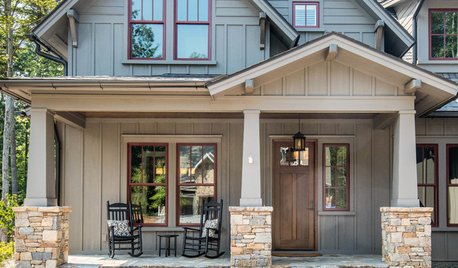
WORKING WITH PROS11 Questions to Ask an Architect or a Building Designer
Before you make your hiring decision, ask these questions to find the right home design pro for your project
Full Story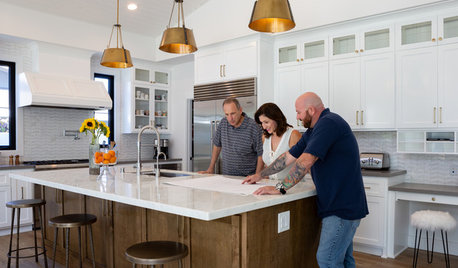
LATEST NEWS FOR PROFESSIONALS8 Reasons to Consider Going Design-Build
Three design-build principals share why a one-stop shop works well for their clients and themselves
Full Story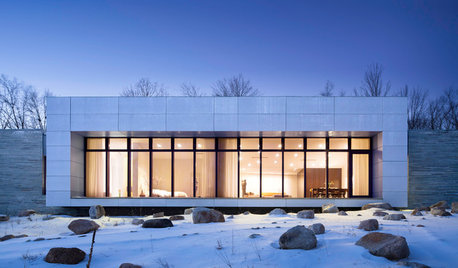
CONTRACTOR TIPSBuilding Permits: The Inspection Process
In Part 5 of our series on home building permits, we explore typical inspection schedules for a variety of project types
Full Story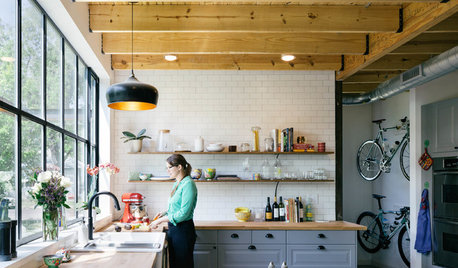
HOUZZ PRODUCT NEWSHow to Design and Build Homes in the Age of COVID-19
As homes increasingly become refuges for many, we’re reevaluating how they should serve people’s needs
Full Story
GREEN BUILDINGBuilding Green: How to Design a Healthier Landscape
Plant selection, water management, fire-prevention measures and more can ensure that your landscape is good for the planet and for you
Full Story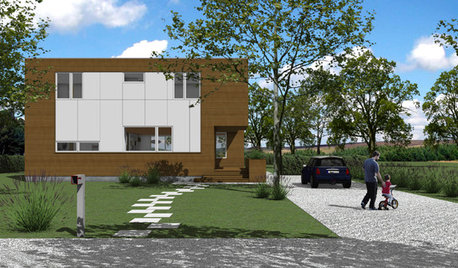
ARCHITECTURE3 Home Design Solutions to Challenging Building Lots
You don't need to throw in the towel on an irregular homesite; today's designers are finding innovative ways to rise to the challenge
Full Story




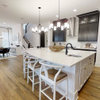
Charles Ross Homes